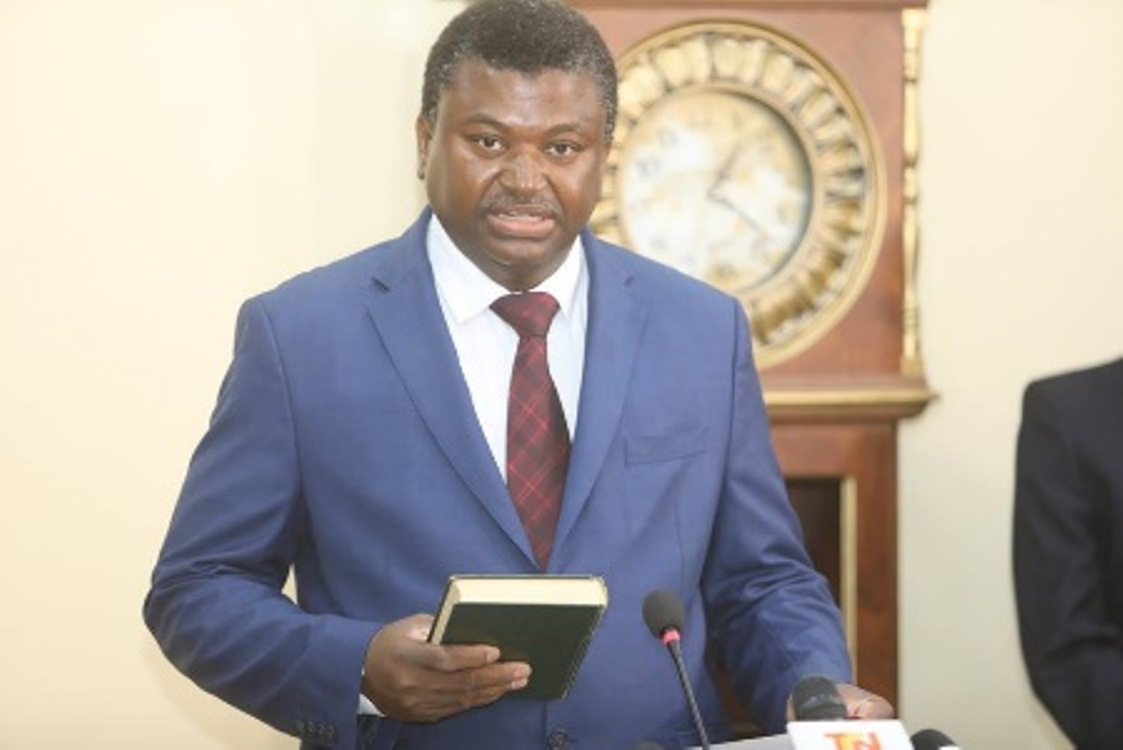Local Market Businesswomen Hail Covid 19 Vaccines as Effective and Safe
By Binta Jaiteh
Despite the misconceptions and rumors being spread around the COVID-19 vaccines, prominent local businesswomen have hailed the vaccines as effective and safe.
As of 26th July 2022, The Gambia officially registered 368 Covid-19 cases related to deaths and 12,078 positive cases. The Ministry of Health in collaboration with partners embarked on another round of a countrywide COVID-19 vaccination campaign from 11th to 20th August 2022. The campaign is part of The Gambia Government’s strategy to scale up COVID-19 vaccination coverage to 70%.
Despite significant gains in the reduction of COVID-19 cases, the pandemic continues to be one of the biggest challenges in the last two years.
However, speaking to some businesswomen in different markets, Sainabou Gaye a businesswoman at Banjul Craft Market said: “I took the vaccines without seeing any abnormalities or fatigue in my body which means the vaccines are safe and effective.”
“I have full confidence as far as the vaccines are concerned. I was able to convince my family and friends to also take the vaccines without any fear,” she added.
“I was scared of daily reports about death cases in the country. That alone convinced me to take the vaccines. As a businesswoman I had to take the vaccine for easy travels as well as to safeguard myself without listening to people who try to discourage me from taking the vaccine,” she expressed.
According to her, the Covid-19 certificate serves as a passport for people especially businesswomen. She, therefore, called on her fellow businesswomen and Gambians at large to get vaccinated for their safety, that of their families, and society at large.
Mariama Ceesay, also a businesswoman said: “I took the Johnson and Johnson jab and can assure people that my health condition is good.”
She said Covid-19 vaccines protect people from contracting the virus or when they do it will not be severe, adding that as businesswomen it is important, that protect themselves because they interact with different people on daily basis and wouldn’t know who has the virus or not.
“I want the people to have confidence in our health system as they are here to help us from contacting the virus,” she noted.
Isatou Saidy, a pregnant businesswoman said: “I am happy that I took the vaccine before my pregnancy to protect myself from the virus.”
“The Ministry of Health is here to help us get vaccinated. Therefore, people should get vaccinated before the vaccines expire, she added.
She said she experienced headaches and fever prior to taking the vaccine but that has stopped now.
“I have seen the benefit of the vaccine. This is why am urging my fellow women to be vaccinated as soon as possible.”
Aji Yamundaw, a retired civil servant said she took the vaccines to protect herself, family, and friends.
“We should not wait for people to come and tell us to get the vaccines to save ourselves,” she said.
Hoja Mbaye, an elderly woman who deals in craft materials at Bakau market also praised the effectiveness and efficiency of the vaccines and urged the Ministry of Health to continue the vaccination process until they meet the target of 70% coverage.
The effectiveness of the jab cannot be over-emphasized because the jab is safe and healthy. People who took it can attest to it,” she further said.
Momodou Gassama, National Professional Officer for Health Promotion for the World Health Organization (WHO) confirmed that vaccines serve as a protection for the human body and prevent from contacting illness.
According to Gassama, one of the major reasons for vaccine hesitancy is a lack of awareness about the vaccines, saying perhaps people are not fully aware of the importance, safety, and benefits of the vaccines. He added that vaccine hesitancy has been found to be higher in communities with low education, meaning that low awareness and lack of education can be a significant factor contributing to vaccine low uptake.
He said it is a global problem between developed and developing countries. “As of last May 2022, about a billion people in developing countries were not vaccinated,” she said.
Mr. Gassama said nearly 57 countries have reached the WHO target of 70% of their population being vaccinated.
“The Gambia has vaccinated 14% of the population, which means we have a long way to go. But am glad that the Government through the Ministry of Health organized several campaigns which yielded positive results. I am sure as a country we will reach the target of 70% coverage,” Gassama stated.
He further pointed out the need to understand the reasons why people are hesitant to take the vaccines and then establish facts to be able to come out with better solutions.
According to him, politicians can use their platforms to convince people to take the vaccines.
He urged Gambians to take the vaccines with effective measures.
In March 2021, The Ministry of Health started the COVID-19 vaccination with AstraZenica, and at least over 400,000 people were vaccinated against the pandemic in the country last year, including the elderly people, students, health workers, journalists, and others.
The first case of COVID-19 was reported on December 31, 2020, with the source of the outbreak linked to a wet market in Wuhan (Hubei province, China). As a precautionary measure, Gambian President Adama Barrow on the same day announced that all schools, including universities, should be closed from Wednesday 18 March 2020 for 21 days.
Additionally, all public gatherings, including open markets were suspended immediately for three weeks. All overseas travel by public officials was also canceled to prevent the further spread of the virus. As of 26th July 2022, The Gambia officially registered 368 Covid-19-related deaths and 12,078 positive cases.
All flights in and out of The Gambia apart from medical and air flight operations were suspended on March 23.
This story was produced with support from Journalists for Human Rights (JHR), through its Mobilizing Media in the Fight Against COVID-19 in partnership with Kaba Communication and The Voice.




